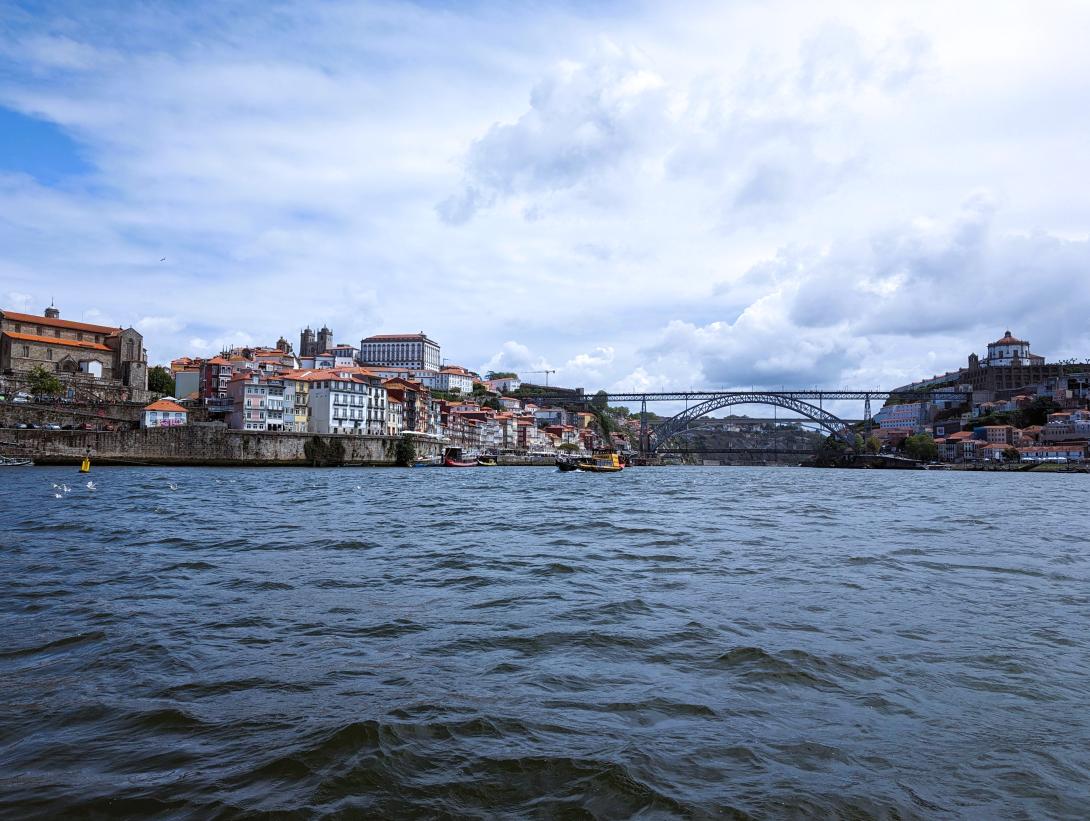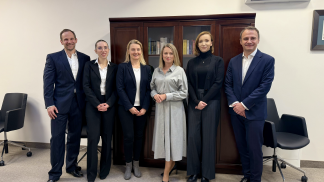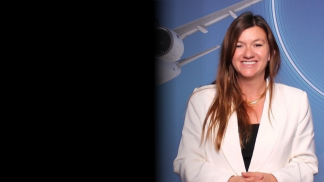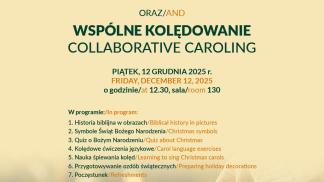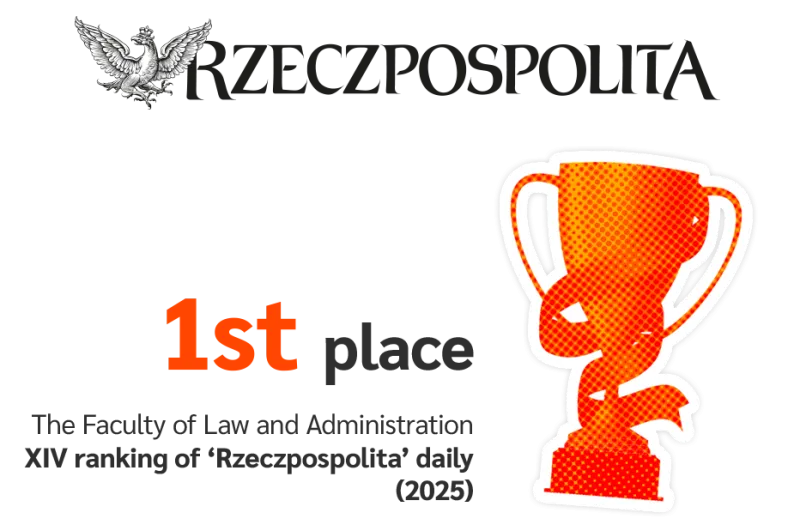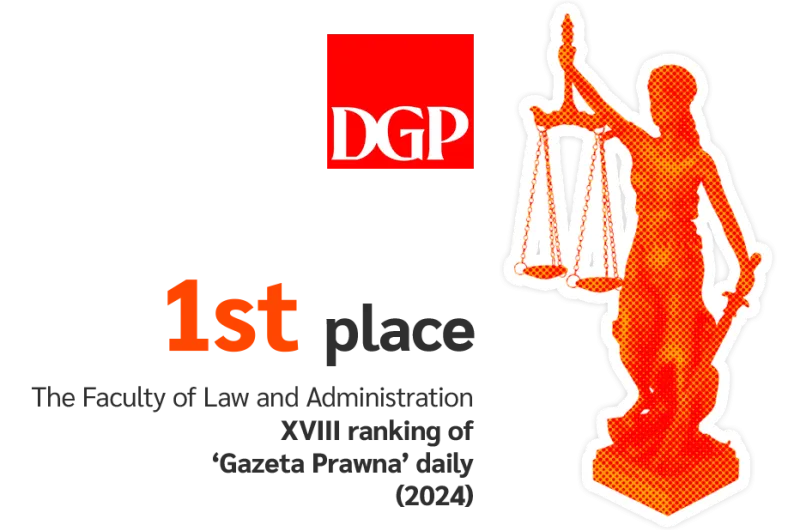This year, we focused on a new form of exchanges under the Erasmus+ program, i.e. short-term student mobility. These are mobilities for studies or traineeships, lasting from 5 to 30 days and organized as e.g. summer/winter school, Blended Intensive Program or other short scientific mobility. LU students took part in extremely interesting exchanges to prestigious universities, for example:
- "Cross-border litigation and international arbitration", University of Bologna, Italy
- "Sports Law", Universitaet Innsbruck, Austria
- "Technology Law", Alfonso X el Sabio University, Spain
- "IP & IT Law", Izmir University of Economy, Türkiye
- "Road-Based Tourism", Universidade de Coimbra, Portugal
- "Climate Justice", Common Law Society, Czech Republic
- "Co-Design Better Urban Living and Wellbeing", LAB University of Applied Science, Finland
- "Brand Management", Istanbul Aydin University, Türkiye
Our law students evaluate their stay within the Erasmus+ short mobilities in the following way:
Konrad Zając on the campus of the University of Bologna in Ravenna:
In general, in my opinion, the summer school is very recommendable. Content-wise at a very high level.
Karolina Śliwińska in the Czech Giant Mountains:
The program is quite demanding (3-4 lectures a day), but I am very happy about it, because it is comprehensive and the topic of climate justice is discussed from every angle. We have very prestigious lecturers, new ones come to our hostel almost every day. Moreover, staying in the mountains is very relaxing, especially coffee or yoga on the terrace overlooking the landscape. Other participants are interesting, because everyone has their own culture and I can learn more different information on law in other countries, even though the majority are Czechs, I can talk to students from Germany, Italy, Austria and Great Britain.
Mateusz Kujawski, who has already participated twice in short-term mobilities:
Of course, I only have positive memories. Interestingly, the lectures were conducted by international staff - professors from Spain, Mexico, Croatia, Great Britain and Russia. What I also liked was the fact that as part of the lectures we had two trips - to the Supreme Court in Madrid and to the parliament building. Thanks to this, the theoretical part was more diverse. The lectures were mostly based on group work, which involved solving case studies using various technologies. We met, among others: an internal system of one of the international companies, which, using artificial intelligence, selects the appropriate lawyer within the company's structures for a given court case, based on the calculations of his successes in a given area of cases, in a given court or even in a given department. In addition, there was a lecture on clinical teaching of law - here we were introduced to the functioning of a law clinic and legal clinic in Great Britain. However, what is most important is the atmosphere and people - in this case, new acquaintances were established (some people even expressed a desire for inter-university cooperation, which I will try to propose to professors at our university).
We are glad that students can take advantage of such diverse forms of mobilities. So far, 18 short-term mobilities have been organized by LU. Now the students do not have to go away for a few months to feel the spirit of the Erasmus+ program, which was perfectly described by the program participants above. We cannot wait to see what else awaits us in the future.

